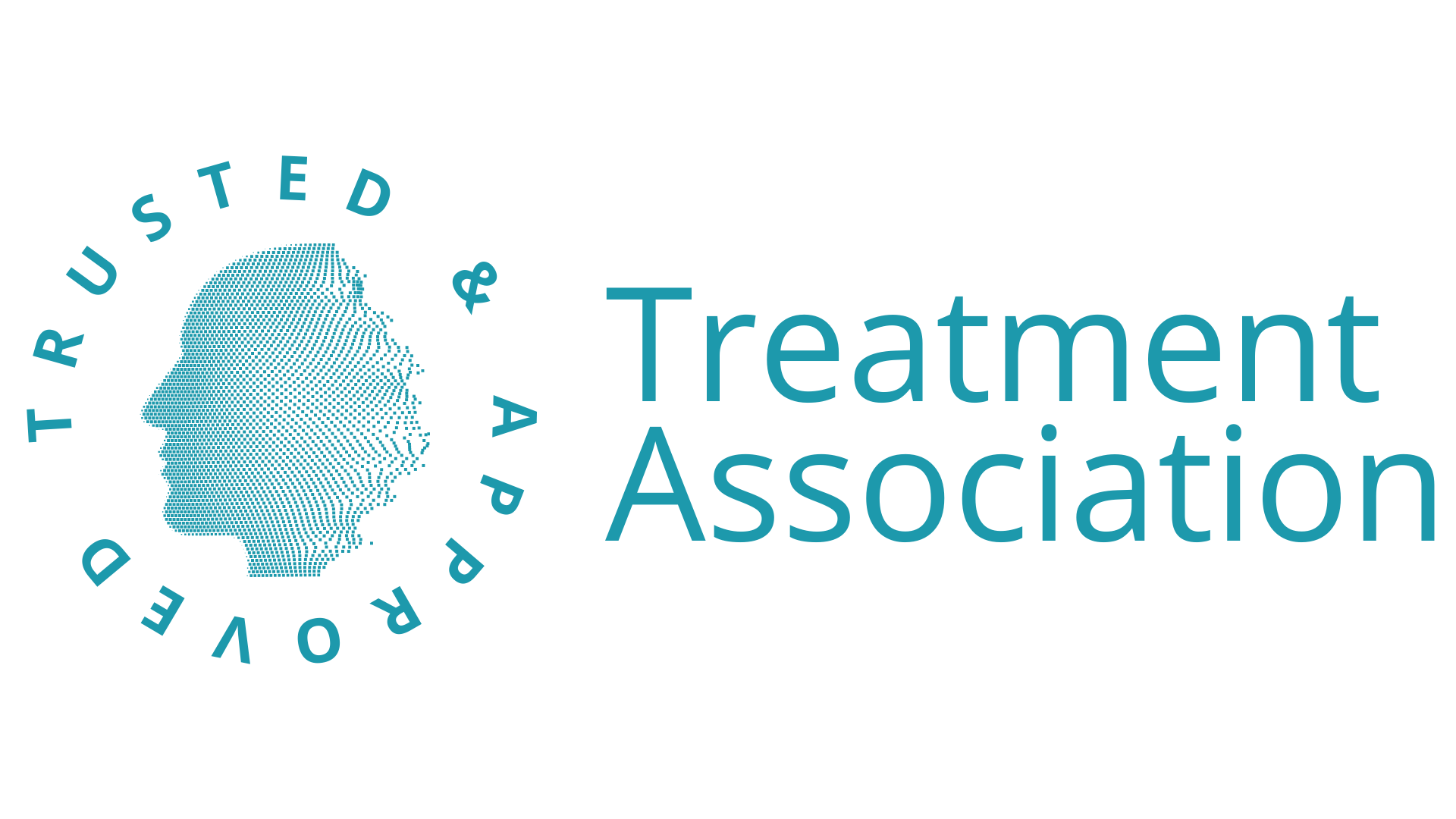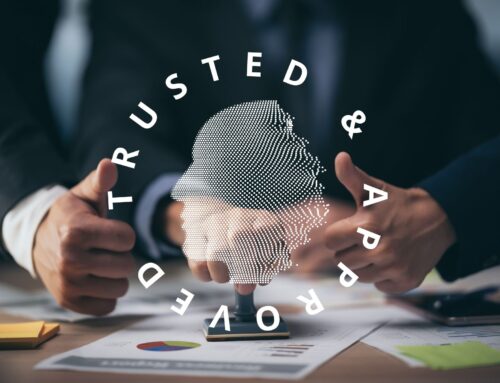The Importance of Dual Diagnosis Treatment for Addiction and Mental Health
Drug and alcohol addiction is a widespread problem that affects millions of people around the world. Unfortunately, it’s often accompanied by other mental health disorders, making it a challenging condition to treat. This is where dual diagnosis treatment comes in. Dual diagnosis is a term used to describe the co-occurrence of addiction and mental health disorders. In this blog, we will discuss the importance of dual diagnosis treatment for addiction and mental health.
Defining Dual Diagnosis and the Prevalence of Co-occurring Mental Health Disorders in Addiction Treatment
Dual diagnosis is a condition where an individual is suffering from both addiction and a co-occurring mental health disorder. This mental health disorder could range from anxiety, depression, bipolar disorder, post-traumatic stress disorder (PTSD), or any other mental health condition.
Research shows that the prevalence of co-occurring mental health disorders in addiction treatment is quite high. According to the National Institute on Drug Abuse (NIDA), approximately 50% of individuals who suffer from addiction also have a mental health disorder.
The combination of addiction and a co-occurring mental health disorder creates a complex and challenging condition to treat. Individuals who suffer from dual diagnosis often face significant barriers to treatment, which makes the recovery process more difficult.
Challenges of Treating Individuals with Dual Diagnosis and the Importance of Integrated Treatment
Dual diagnosis presents unique challenges to addiction treatment, which can lead to poorer outcomes if not addressed. People with dual diagnosis often experience more severe and longer-lasting symptoms compared to those who have only one condition. Moreover, treating addiction and mental health disorders separately can make the treatment process more challenging for the patient.
For example, if an individual with bipolar disorder receives addiction treatment but doesn’t receive treatment for their bipolar disorder, they are at a higher risk of relapse. The untreated bipolar disorder symptoms may trigger the addiction, and the person may revert to substance abuse to manage their symptoms.
Therefore, it’s essential to adopt an integrated treatment approach that addresses both the addiction and the co-occurring mental health disorder. Integrated treatment combines both addiction and mental health treatment in one comprehensive program. This approach ensures that the individual receives treatment for both conditions simultaneously, leading to better outcomes.
Benefits of Dual Diagnosis Treatment
Dual diagnosis treatment has numerous benefits, some of which include:
Improved Treatment Outcomes: Treating both addiction and mental health disorders simultaneously can lead to better treatment outcomes. Integrated treatment programs have been shown to reduce symptoms, increase functioning, and improve quality of life for individuals with dual diagnosis.
Reduced Risk of Relapse: Integrated treatment can help reduce the risk of relapse. Individuals who receive treatment for both conditions are more likely to maintain their sobriety and avoid a relapse.
Improved Access to Treatment: Integrated treatment provides access to specialized professionals who can provide treatment for both addiction and mental health disorders. This approach ensures that individuals with dual diagnosis receive the appropriate level of care that they need to recover.
Tips for Navigating the Dual Diagnosis Treatment Process and Finding Appropriate Resources
If you or a loved one is suffering from dual diagnosis, it’s essential to seek professional help. Here are some tips for navigating the dual diagnosis treatment process and finding appropriate resources:
1. Seek Professional Help: It’s essential to seek professional help from a healthcare provider who is experienced in treating dual diagnosis. They can provide you with the necessary guidance and resources to start the recovery process.
2. Research Treatment Options: Research treatment options available in your area. Look for treatment centers that specialize in dual diagnosis treatment and offer integrated treatment programs. You can also consider attending support groups like Alcoholics Anonymous or Narcotics Anonymous, which can provide you with a supportive community and resources to help you manage your condition.
3. Involve Your Family and Friends: Dual diagnosis can be a challenging condition to manage, and having a strong support system is crucial. Involve your family and friends in your recovery process, and let them know how they can support you.
4. Practice Self-Care: Self-care is essential for managing dual diagnosis. Practice healthy habits like getting enough sleep, exercising regularly, and eating a healthy diet. Engage in activities that bring you joy, such as reading, meditating, or spending time in nature.
5. Stay Committed to Treatment: Dual diagnosis treatment can be a long and challenging process, but it’s essential to stay committed to your treatment plan. Attend all appointments, take your medication as prescribed, and follow the treatment plan outlined by your healthcare provider.
In conclusion, dual diagnosis is a complex and challenging condition to treat, but with the right approach, recovery is possible. Adopting an integrated treatment approach that addresses both addiction and mental health disorders is essential for improving treatment outcomes and reducing the risk of relapse. If you or a loved one is suffering from dual diagnosis, seek professional help and involve your support system in your recovery process. Remember to practice self-care and stay committed to your treatment plan. With the right resources and support, you can manage your condition and live a healthy, fulfilling life.






